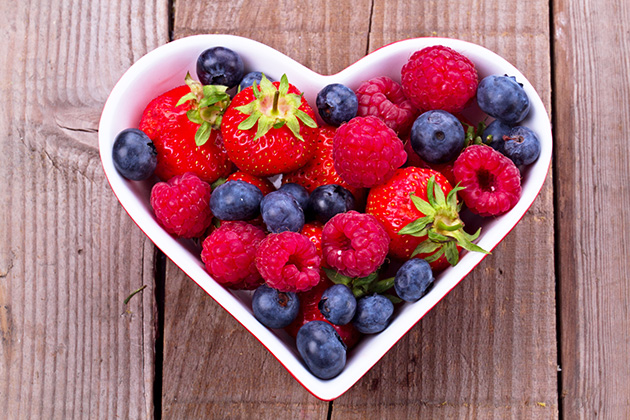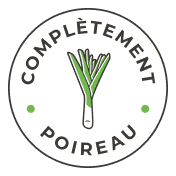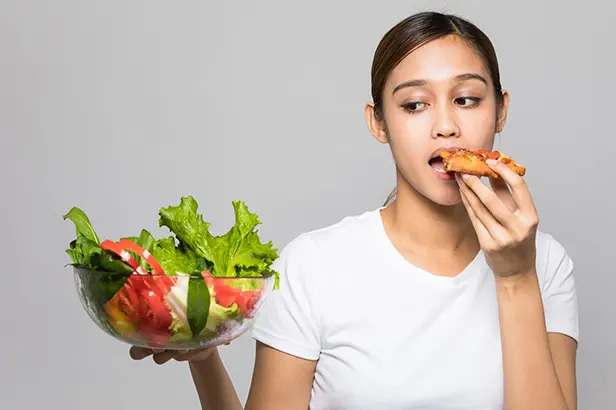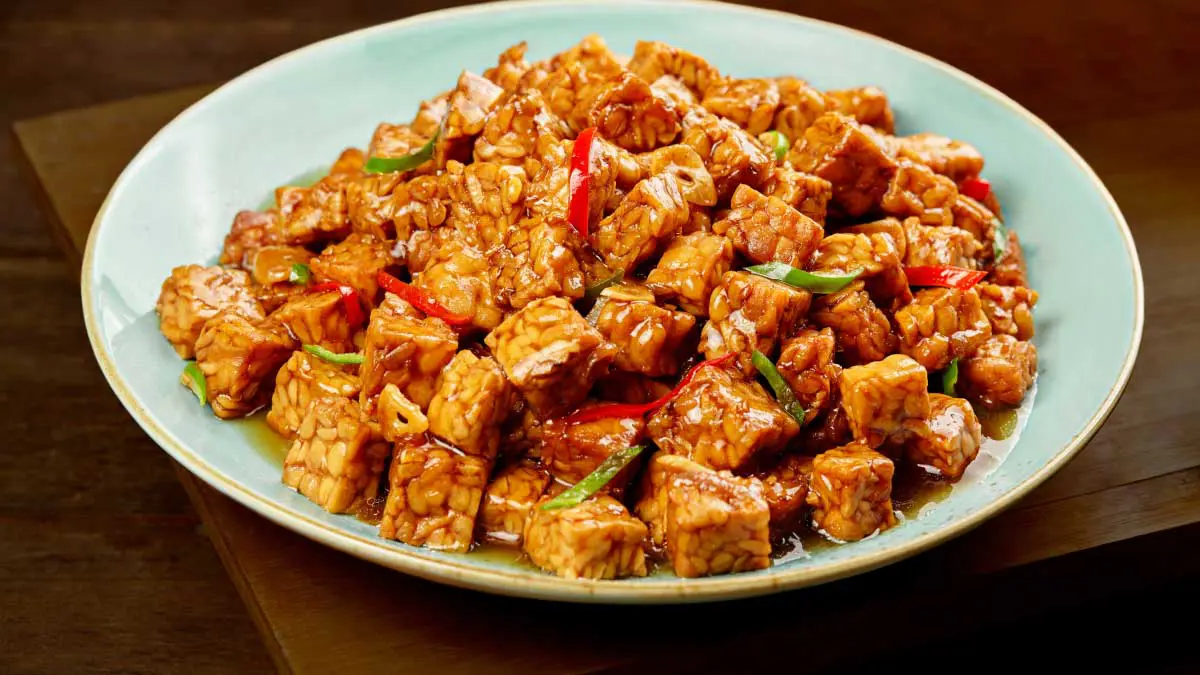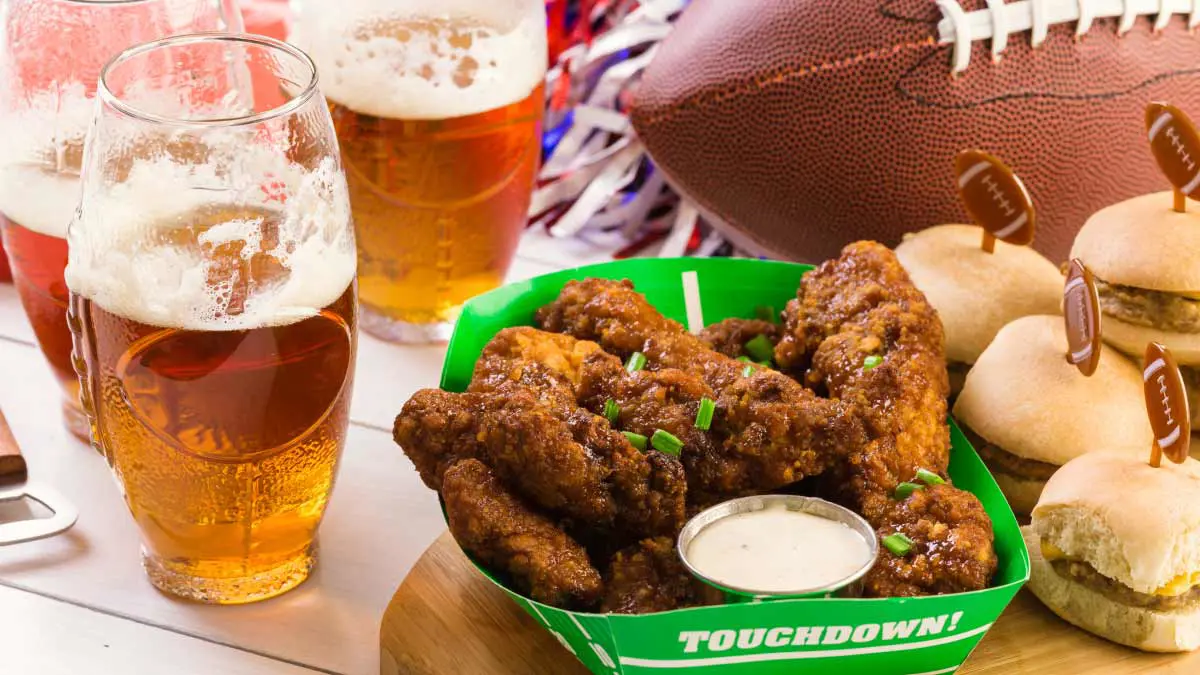On the Web you find tons of information about nutrition, that goes from hypernutrition to foods to " avoid" to be healthier or to lose weight. But what's all this really about? Is there really " good " and " bad " foods?
On May 6th is welcomed the 11th edition of the diet free international Day and this year, the organisation Équilibre was bringing people to understand foods restriction they set on themselves and to think about the relation they had with food. Let's take a look today at how you can have a more positive view towards foods.
Repercussion over restrictions
For a lot of people, daily foods choices they make are results of a questioning about if a food is " good " for their health. Thus, specific cravings and personal taste are sometimes set aside for the benefit of potential food gains they choose.
How do you feel when you eat foods from the category " bad " or " forbidden " ? After all, you probably strongly feel something negative such as guilt.
Classifying is in a way a form of cognitive restriction; foods regulation that we consciously or unconsciously force on ourselves. When we forbid ourselves from eating a food, we only enhance our desired for it. The day this food will be accessible, there's a risk of overconsumption in reaction to the psychological restriction and to thoughts such as " I won't be able to eat it for a while " or " I won't purchase it anymore ". We'll then be in a viscious cycle of restrictions, foods rage and guilt, where the relation you have with foods may be unhealthy.
Stop being guilty
To imagine this phenomenon, guilt may be represented as a hammer. When you eat something you love that is part of the " bad " foods category, it could be as if you were hitting yourself on the head with a hammer. Then, would you be able to focus your attention over the flavours, textures, pleasures in your mouth? Probably not!
The problem is, guilt hold us from living at the present time and to fully enjoy eating. We have a tendency to eat faster without truly tasting. The results : satisfaction isn't there. We then tend to eat more to compensate for the lack of pleasure. Once done with the experience, we feel ashamed and guilty.
All foods have its spot
Eating well, is to respect your taste, body and to think positively about foods, whatever it may be. A balanced alimentation includes nutritious foods, but also delightful foods. When we make space for ones that makes us feels good such as chocolate or chips, we may eat a moderate amount and still be satisfied. Finally, the way we eat delighting foods plays an important role for the degree of satisfaction that we get from it : try to enjoy it as slowly as possible, avoid all distraction and focus on your body and the pleasure felt in your mouth.
The importance of listening to yourself
Eating while being physicaly hungry and to stop when satiated is the key for a healthy weight. Specific cravings also have an importancy with the satisfaction we feel about our alimentation. If you crave for sweets, but you just eat a fruit because it's a " better " choice, are you going to be satisfied? You'll mostly risk to feel frustration and won't feel or feel very little delight while eating this fruit. When " delightful foods " take back it's place and won't make you feel so guilty while eating it, you'll be sure that this attraction towards these foods will decrease with time.
Improve your relation with foods
Changing your vocabulary may do all the difference about the relation you have with foods. Delete words such as " cheating ", " control ", "bad ", and, replace it by positive words like " delight " and " balanced ". Try this desensitizing experience :
- Chose a food that tends to make you feel guilty.
- Take a small portion and enjoy it while feeling physical hunger.
- Repeat this experience many days in a row; your body and brain will assimilate that this food will eventually come back. You'll have lots of pleasure enjoying a moderate amount and all negative feelings that you had towards this food will desapear, and so will your desire to overconsume it.
To learn more
You'd like to learn more about the international diet free Day ?Visit the Web site of l’organisme Équilibre.
Recipes
Small summery fruits season is almost there, why not enjoying it and cook a dessert? We have lots of good recipes for you!
